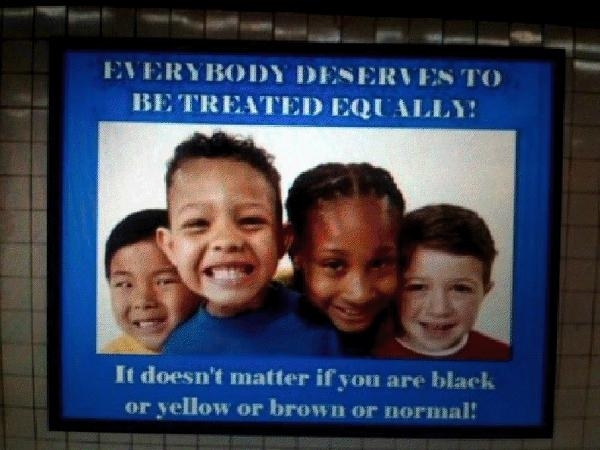

In one study to test whether minorities whiten less often when they apply for jobs with employers that seem diversity-friendly, the researchers asked some participants to craft resumes for jobs that included pro-diversity statements and others to write resumes for jobs that didn’t mention diversity. What’s worse for minority applicants: When an employer says it values diversity in its job posting by including words like “equal opportunity employer” or “minorities are strongly encouraged to apply,” many minority applicants get the false impression that it’s safe to reveal their race on their resumes-only to be rejected later. ‘Pro-diversity’ employers discriminate, too Among Asians, 21 percent got calls if they used whitened resumes, whereas only 11.5 percent heard back if they sent resumes with racial references.


Twenty-five percent of black candidates received callbacks from their whitened resumes, while only 10 percent got calls when they left ethnic details intact. Graphic by Blair Storie-Johnson ( Source: “Whitened Resumes: Race and Self-Presentation in the Labor Market”)Įmployer callbacks for resumes that were whitened fared much better in the application pile than those that included ethnic information, even though the qualifications listed were identical. 'Whitened' resumes produce more job call-backs for African Americansīlacks get more job interview callbacks when they “whiten” their resumes. The researchers then created email accounts and phone numbers for the applicants and observed how many were invited for interviews. Some of the resumes included information that clearly pointed out the applicants’ minority status, while others were whitened, or scrubbed of racial clues. In one study, the researchers created resumes for black and Asian applicants and sent them out for 1,600 entry-level jobs posted on job search websites in 16 metropolitan sections of the United States. Organizations now have an opportunity to recognize this issue as a pinch point, so they can do something about it.” “Discrimination still exists in the workplace. Kang, assistant professor of organizational behavior and human resource management at the University of Toronto Mississauga András Tilcsik, assistant professor of strategic management at the University of Toronto and Sora Jun, a doctoral candidate at Stanford University. “Organizations now have an opportunity to recognize this issue as a pinch point, so they can do something about it.”ĭeCelles co-authored a September 2016 article about the two-year study in Administrative Science Quarterly called Whitened Resumes: Race and Self-Presentation in the Labor Market with Sonia K. “Discrimination still exists in the workplace,” DeCelles says. Collins Visiting Associate Professor of Business Administration at Harvard Business School. These research findings should provide a startling wakeup call for business executives: A bias against minorities runs rampant through the resume screening process at companies throughout the United States, says Katherine A. In fact, companies are more than twice as likely to call minority applicants for interviews if they submit whitened resumes than candidates who reveal their race-and this discriminatory practice is just as strong for businesses that claim to value diversity as those that don’t. Minority job applicants are “whitening” their resumes by deleting references to their race with the hope of boosting their shot at jobs, and research shows the strategy is paying off.


 0 kommentar(er)
0 kommentar(er)
